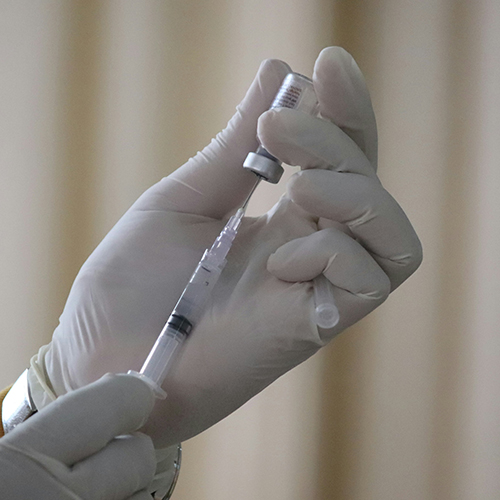Researchers Describe Potential Test for Early Stages of Mesothelioma
December 14, 2012New research suggests mesothelioma cells may be killed quicker
July 24, 2014Biased Scientific Articles’ Content Based on Funding
Written by James P. Nevin
Scientific journals publish articles that industries often rely on, courts rely on, and other scientists rely on. When a journal publishes less than factual information as a scientific opinion this delicate balance of trust is thrown off.
Most recently, chief editor Noah Seixas of the Annals of Occupational Hygiene expressed strong feelings regarding an article they ran after being misled about the authorship. Seixas commented “The court suggests that the research was sponsored with a particular outcome in mind and that the sponsor of the research, without attribution, had significant input to the content and reporting of the results.” The article in question made it all the way to a New York court who handed down a decision which called into question the validity of the research. The court stated that the findings had been reviewed by in-house counsel and were ‘significantly involved in the prepublication review process. Further, GP had commissioned the program of studies on risks associated with chrysotile in drywall work with the intent to ‘cast doubt on the capability of chrysotile asbestos to cause cancer.’”
Since the motivation and financial backing behind an article can paint its findings in a specific direction it is important to have complete listings of the agencies involved. The incident has pushed the scientific journals to strengthen their disclosure policies stating that, “clear and complete transparency is necessary to fulfill this roll.”
Harvard University Professor Sheila Jasanoff, JD, Ph.D., a scholar and expert on the use of science and technology in law, politics and policy remarked to Morris: “There’s something extremely smelly about claiming attorney-client privilege for something that is being claimed at the same time as good science. Legal confidentiality protections should not be placed around good science.”
Industries have a track record of powerful economic interest to manufacture doubt, it makes sense for publications to heighten their awareness and regulations regarding authorship disclosure.














